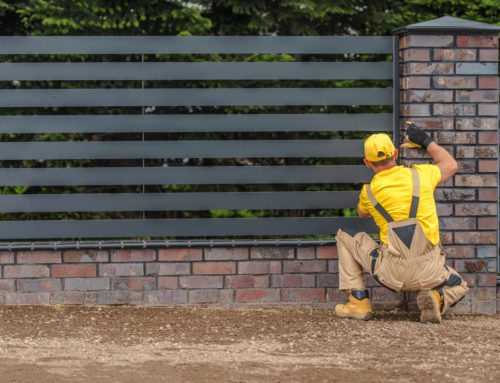Music is a powerful tool that can improve cognitive function, memory, and overall well-being, and it is never too late to start learning an instrument. In fact, music lessons for seniors have become increasingly popular in recent years, as research has shown that playing an instrument can have significant benefits for older adults. In this article, we will explore how playing an instrument can improve cognitive function and memory in seniors.
- Cognitive Function
Cognitive function refers to the mental processes involved in perception, memory, reasoning, and decision-making, and it is essential for everyday life. As we age, our cognitive function can decline, which can affect our ability to perform daily tasks and maintain independence. However, playing an instrument can help improve cognitive function in seniors by stimulating the brain and promoting neuroplasticity.
Research has shown that playing an instrument can improve cognitive function in several ways. For example, playing an instrument requires the use of multiple sensory systems, such as hearing, touch, and sight, which can enhance brain connectivity and promote the growth of new neural connections. Playing an instrument also involves complex motor skills and hand-eye coordination, which can improve motor function and prevent cognitive decline. In addition, learning to play an instrument requires the use of memory, attention, and problem-solving skills, which can improve cognitive flexibility and executive function.
2. Memory
Memory is the ability to store and retrieve information, and it is essential for learning, decision-making, and daily life. As we age, our memory can decline, which can affect our ability to recall important information and maintain independence. However, playing an instrument can help improve memory in seniors by stimulating the brain and promoting the growth of new neural connections.
Research has shown that playing an instrument can improve memory in several ways. For example, playing an instrument requires the use of working memory, which is the ability to hold and manipulate information in the mind. Working memory is essential for learning and problem-solving, and it can decline with age. However, playing an instrument can improve working memory by requiring the use of memory recall and retention. In addition, playing an instrument can stimulate the hippocampus, which is the part of the brain responsible for memory consolidation and retrieval.
3. Which Instruments Are Best for Seniors?
When it comes to choosing an instrument for seniors, there are several factors to consider, such as physical ability, personal preference, and cognitive function. Here are some instruments that are well-suited for seniors:
- Piano: The piano is a popular instrument for seniors, as it requires less physical dexterity than some other instruments, such as the guitar or violin. The piano is also versatile and can be played in a variety of genres, such as classical, jazz, and pop.
- Guitar: The guitar is another popular instrument for seniors, as it is portable and can be played in a variety of settings. The guitar can be played in a variety of genres, such as folk, country, and rock.
- Ukulele: The ukulele is a small, four-stringed instrument that is easy to play and requires less physical dexterity than the guitar. The ukulele is also portable and can be played in a variety of settings.
- Percussion instruments: Percussion instruments, such as drums, tambourines, and shakers, are a great option for seniors who may have limited mobility or dexterity. Percussion instruments can provide a sense of rhythm and can be played in a variety of settings.




